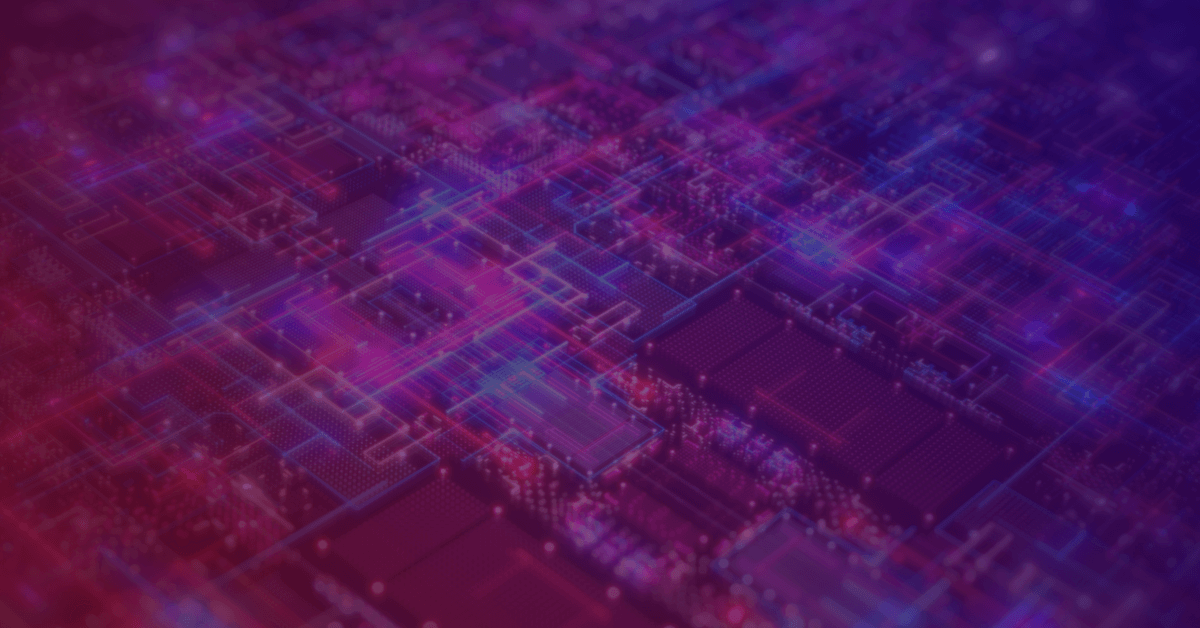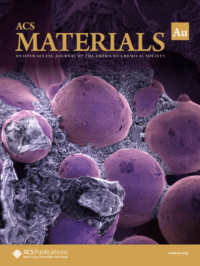This Special Issue will showcase recent developments in machine learning and their applications in computational and/or experimental research on nanocatalysts for energy conversion. Submit your manuscript by May 1, 2026.

The integration of machine learning into computational and experimental materials science offers great potential to solve materials design issues related to global challenges. Energy conversion with nanocatalysts holds a particular challenge due to the complex structure of the materials, requiring multiple computational methodologies that can grasp the architectural complexity.
This Special Issue from ACS Materials Au will showcase the variety of computational materials science methods, including machine learning, that are applied to catalysis using nanomaterials for energy conversion.
Topics include, but are not limited to:
- Machine learning method development for catalyst design or characterization
- Prediction or rationalization of catalytic properties of nanomaterials by machine learning
- Machine learning aided experimental measurements or theoretical calculations of catalytic efficiency for energy conversion using nanomaterials
- Needs, challenges, and opportunities in predicting catalytic performance through machine learning
Submit your manuscript by May 1, 2026.
Organizing Editors
Prof. Stephanie Brock, Deputy Editor, ACS Materials Au
Wayne State University, United States
Prof. Maytal Caspary Toroker, Guest Editor
Technion-Israel Institute of Technology, Israel
Prof. Ricardo Grau-Crespo, Guest Editor
Queen Mary University of London, United Kingdom
Prof. Ana Belén Muñoz García, Guest Editor
University of Naples Federico II, Italy
Submission Information
For more information on submission requirements, please visit the journal’s Author Guidelines page.
Accepted manuscripts for consideration in this Special Issue will include research articles, perspectives, and reviews, and tutorials. Papers accepted for publication for this Special Issue will be available ASAP (as soon as publishable) online. After all submissions have been published, they will then be compiled online on a dedicated landing page to form the Special Issue. Manuscripts submitted for consideration will undergo the full rigorous peer review process expected from ACS journals.
ACS Materials Au is a fully open access journal; thus, your paper will be available to anyone, at anytime, anywhere in the world. Please visit our Open Science Resource Center for more information on pricing, institutional agreements, and more.
How to Submit
- Log in to the ACS Publishing Center.
- Select the "Journals" tab.
- Choose ACS Materials Au.
- Click "Submit."
- Select your manuscript type, and, under "Special Issue Selection," choose “Integrating Machine Learning in Modeling Catalysis at the Nanoscale."
If you have any general questions regarding submission to this Special Issue, please contact Prof. Stephanie Brock (brock-office@materialsau.acs.org).
